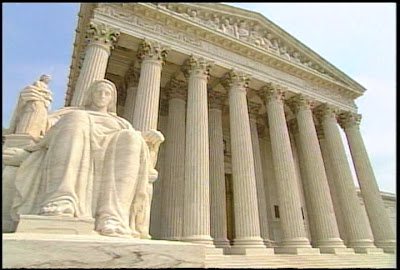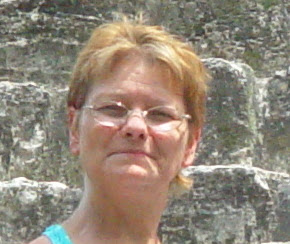Yesterday’s Supreme Court decision was a victory for public health. In the past few years it has been challenging to sift beyond the political rhetoric, grandstanding and nonsense to see this issue for what it really is, a vital public health crisis. The Supreme Court’s decision yesterday has allowed us to finally be able to move on and deal with the complex and multi-layered problems that lie in American public health
Since the 1960‘s, the United States has fallen from being the 12th in infant mortality to 29th (with #1 being the best). Infant mortality is always a key indicator for a nation’s overall public health. At the heart of this problem has been lack of access to quality healthcare. In that time we have seen an incremental increase in the numbers of the uninsured, individuals which have a 25% higher chance of dying than those with health insurance. As a result, 46,000 people die each year because of their inability to access health care, as we saw in the story of Billy Koehler from Pittsburgh.
It is in the interest of public health to see that everyone is insured. According to the center for American Progress, it costs Pennsylvania families $900 a year more in insurance premiums to cover the uncompensated care of the uninsured, therefore leading more individuals and businesses to forgo insurance or cutback benefits and as a result, jeopardizing personal health. With the highest population of uninsured being those under age 26, as we saw in the story of Eric from Radnor and Teddi from Lebanon County, insuring these young people not only protects them, it protects all of us.
While being able to access healthcare is key to overall public health, ensuring quality is equally as important. As we move forward to open up the state-based exchanges in Pennsylvania, access will be enhanced for currently uninsured individuals and small businesses, therefore alleviating the likelihood of premature death. However, within the exchanges, all policies will be subject to adhering to certain essential benefits in order to ensure a higher quality plan that many in the small group markets are currently unable to access. For example, an essential benefit that consumers on the exchanges will now be able to access is preventive care. As we saw in the story of Micheal and Laura, small business owners from Lebanon County, their small group plan had limited access to cancer preventing procedures such as a colonoscopy. With colon cancer being one of the most preventable forms of cancer, being able to catch it early is a public health victory.
The story of Barbara, a senior from Westmoreland County, illustrates that closing the “donut hole” is in the interest of public health. The Department of Health and Human Services shows that 25% of seniors that fall in the “donut hole” forgo taking their prescription drugs and therefore get sicker and more costly. With 70% of Pennsylvania seniors falling in the “donut hole”, continuing to be able to cover them is a milestone in public health.
With the validation of the high court , it’s time to lower the volume on the cable TV networks and stay focused on ensuring that the tools we have to improve the health of the public are utilized to their highest potential.
Looking for a GUEST SPEAKER on healthcare and The New Healthcare Law? Contact Holly Dolan. Through the art of storytelling, Holly takes you on her year-long tour around Pennsylvania with an interactive and informative presentation. CLICK HERE for more information.












